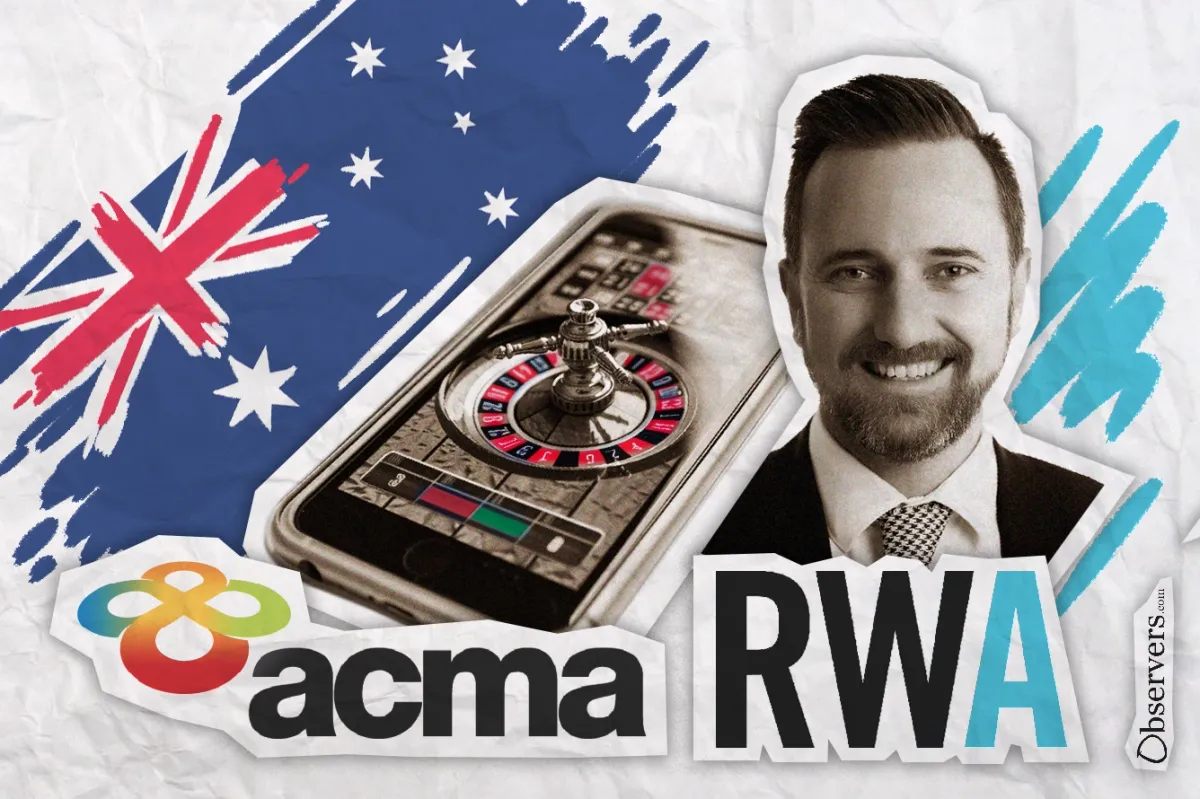
Australia has banned the use of credit cards and cryptocurrencies for online gambling, effective June 11. The move comes as part of the government's ongoing efforts to mitigate gambling-related harm and enhance consumer protection.
The new regulations, known as the Interactive Gambling Amendment (Credit and Other Measures) Bill 2023, aim to align online gambling payment methods with those of land-based operations. One exception to the stringent regulations is the online lottery sector, where credit cards are still permitted for payment.
According to the Canberra Times, Kai Cantwell, CEO of Responsible Wagering Australia, called for expanding the new ban to include all forms of gambling, including online lotteries.
Cantwell also warned that without consistent protective measures across all gambling types, vulnerable individuals might gravitate towards less-regulated and riskier forms of gambling.
"This is an important measure to protect customers, making it easier for people to stay in control of their own gambling behavior."
The Australian government said it intends to provide a safer and more responsible gambling environment by removing high-risk payment options, which include all types of credit and cryptocurrencies, that could potentially lead to problematic gambling behaviors. Australia's Minister for Communication, Michelle Rowland, said:
"It's as simple as this: people should not be betting with money they do not have."
The Australian Communications and Media Authority (ACMA) has received expanded powers to enforce the new rules and warned that non-compliance will result in fines of up to AU$234,750 (around $155,000). The government had implemented a six-month grace period to facilitate industry and consumer adaptation, which ended on Tuesday.
The push for these changes followed recommendations from a 2021 Parliamentary Joint Committee, which highlighted the need for stricter controls over gambling payment methods to prevent financial harm.
Rowland said that the Albanese government, who introduced the legislation last September, has been actively implementing measures to minimize gambling harm over the past two years. These include replacing the vague "Gamble Responsibly" messages with "new, evidence-based" taglines, mandating comprehensive training for all gambling industry staff, and requiring online wagering companies to issue monthly activity statements to customers, which detail wins and losses.
One of the key reforms is the introduction of BetStop, the National Self-Exclusion Register, which has seen substantial uptake. As of May 31, over 20,000 individuals had active exclusions. This initiative allows individuals to voluntarily exclude themselves from all licensed online wagering services in Australia, a crucial step in gambling harm prevention. The legislation includes a mandatory customer pre-verification to confirm identities before allowing new users to place bets.
The Albanese government said it has also implemented new rules to address gambling-like content in video games as well. Starting in September this year, computer games featuring gambling simulations will receive a mandatory R18+ classification, ensuring that such content is restricted to adults. Games with in-game purchases will be classified as M, indicating they are suitable for mature audiences.

